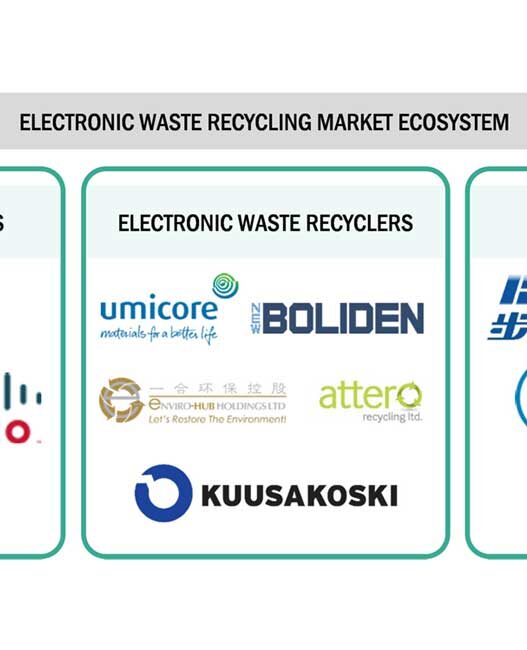Desalination is the process of removing salt and other minerals from seawater, and there are several practices for making this happen. However, the two primary methods are distillation and reverse osmosis.
Distillation involves boiling seawater and condensing the steam to create freshwater. This method requires a significant amount of energy and is mostly used in large-scale industrial plants.
Reverse osmosis uses pressure to push seawater through a semi-permeable membrane, leaving behind the salt and other impurities. This method is more energy-efficient and can be used in smaller-scale systems such as home water filters.
However, both methods require careful monitoring and maintenance to ensure consistent and effective desalination.
“We know hydrogen has immense potential as a clean energy source, particularly for the many industries that can’t easily switch over to be powered by renewables,” comments Lead Researcher Dr Nasir Mahmood, a Vice-Chancellor’s Senior Research Fellow at RMIT. “But to be truly sustainable, the hydrogen we use must be 100% carbon-free across the entire production life cycle and must not cut into the world’s precious freshwater reserves.
“Our method to produce hydrogen straight from seawater is simple, scalable, and far more cost-effective than any green hydrogen approach currently in the market.
“With further development, we hope this could advance the establishment of a thriving green hydrogen industry in Australia.”
Why do we need green hydrogen?
The world is facing an increasing demand for energy, and the use of fossil fuels has been a major contributor to environmental degradation. Global warming and climate change are accepted as some of the biggest challenges that humanity is facing.
The government’s push to bring about an all-electric vehicle nation by 2050 is a step towards the ultimate goal of achieving positive climate change. However, swapping fossil fuels for battery power is not without its complications, and the process isn’t 100% green.
To that end, hydrogen has emerged as an alternative source of energy that can help reduce our dependence on fossil fuels because its only by-product is water.
The challenges of 100% green hydrogen
To make ‘green’ hydrogen, that is 100% carbon-free, an electrolyser sends a current through the water to split it into hydrogen and oxygen. However, this is expensive, consumes a lot of energy and water, and the input is far greater than the output – nine litres to make one kilogram of hydrogen.
“The biggest hurdle with using seawater is the chlorine, which can be produced as a by-product. If we were to meet the world’s hydrogen needs without solving this issue first, we’d produce 240 million tons of chlorine each year – which is three to four times what the world needs in chlorine. There’s no point replacing hydrogen made by fossil fuels with hydrogen production that could be damaging our environment in a different way,” commented Mahmood.
“Our process not only omits carbon dioxide, but also has no chlorine production.”
The study concentrates on the production of efficient, stable catalysts that can be cost-effectively manufactured.
“Our approach focused on changing the internal chemistry of the catalysts through a simple method, which makes them relatively easy to produce at large-scale so they can be readily synthesised at industrial scales,” said Suraj Loomba, HDR student at RMIT.
Hydrogen is a clean and renewable source of energy that is produced by the electrolysis of water or through the reforming of natural gas. Unlike fossil fuels, hydrogen does not generate any greenhouse gases when it is burned, and it can be used in fuel cells to produce electricity without producing any harmful emissions.
Another advantage of using hydrogen is its abundance. It is the most abundant element in the universe, and it can be produced from a variety of sources, including water, biomass, and even waste materials. This means that hydrogen can be produced locally, reducing dependence on imported oil and gas.
The switch to hydrogen as a fuel source can have significant environmental and social benefits. By reducing our dependence on fossil fuels, we can mitigate the impact of climate change, improve air quality, and create a more sustainable future for generations to come.















